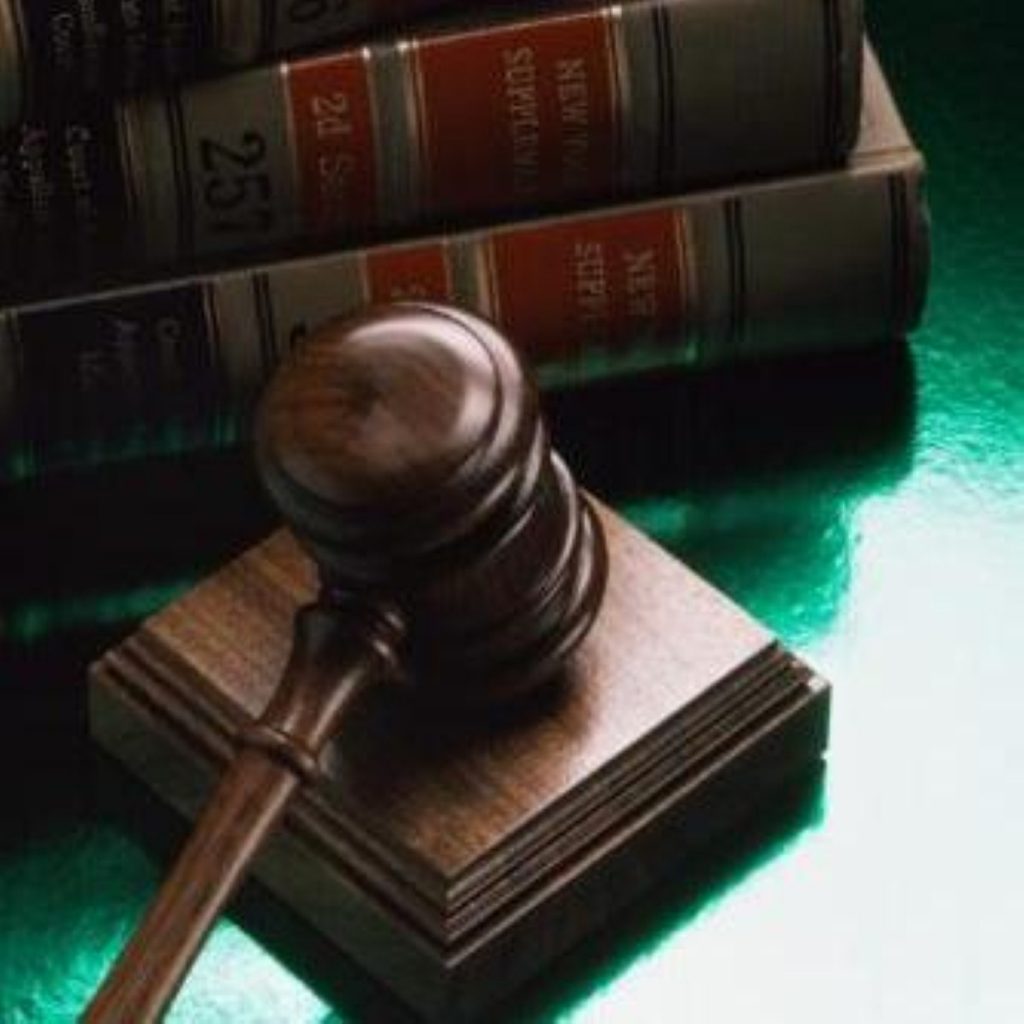Lords rule against detention without trial
The foreign terror suspects detained without trial in the UK have had their human rights breached.
That is the key ruling today from the Law Lords, by an eight to one majority, on the appeals of nine men held without charge or trial.
After 9/11 the Government rushed through tough anti-terrorism legislation which allowed it to detain without trial foreign suspects which it could not deport to their country of origins because of fears they would face persecution. All detainees were, however, free to leave the country at any time.
This legislation required the UK to opt out some sections of the European Convention on Human Rights, which is only permissible if the country is facing a time of war or other emergency.


Human rights lawyers have branded Belmarsh Prison, where most of the men are being held, as “Britain’s Guantanamo Bay”.
They launched this legal action after the Court of Appeal said that the Home Office did have the power to hold the men without limit of charge – reversing an earlier decision by the Special Immigration Appeals Commission (SIAC) that the legislation unjustly discriminated against foreign nationals.
Ben Emmerson QC, representing seven of the detainees, said the men had already been in custody for nearly three years on the grounds that they might be supporters of international terrorism and in that time they had been given no idea as to when they would be charged or what the charge would be.
11 people are currently being held under the legislation.
Giving his judgement, Lord Bingham said that: “It seems plain that the threat to the United Kingdom did not derive solely from foreign nationals or from foreign nationals whom it was unlawful to deport.”
And so, the legislation “discriminates on the ground of nationality or immigration status”.
The ruling looks to have major constitutional and political significance for the Government’s anti-terror policies and is sure to delight campaigners who have argued for a repeal of some of the anti-terror legislation.
The ruling comes only the day after David Blunkett, the man responsible for the anti-terrorism legislation, resigned from office. He has been replaced by former Education Secretary Charles Clarke.
Commenting on the ruling, Liberal Democrat home affairs spokesman, Mark Oaten, said: “The new Home Secretary must urgently come to the House to explain how the Government will put right the wrong of holding people without trial.
“This is a ground-breaking decision. The Government was repeatedly warned in 2001 that these measures would be illegal, but chose to ignore them”
“This is an early opportunity for Charles Clarke to show he is serious about the principles of justice and will listen to the views of the judiciary.”
He added that: “The Home Secretary should now urgently move to allow the use of intercept communications as evidence in criminal cases, so that cases like these can be brought to trial in the normal way.”
The Shadow Home Secretary, David Davis also focused on the need to use intercept evidence. He said: “Priority should be given to prosecuting those who the Government say are terrorists and are currently detained and to do so with the existing rule of law using, if necessary, intercept evidence which is believed to exist.
“We will be proposing amendments to the SOCA Bill to allow this evidence to be used in court, as we have recommended to the Government on many occasions before.”
Amnesty International, one of the groups campaigning on behalf of the detainees, said that today’s ruling has come “three years too late”.
A spokesman added: “Nothing can remedy the fact that people have been detained without charge or trial, principally on the basis of secret evidence, for nearly three years.”

